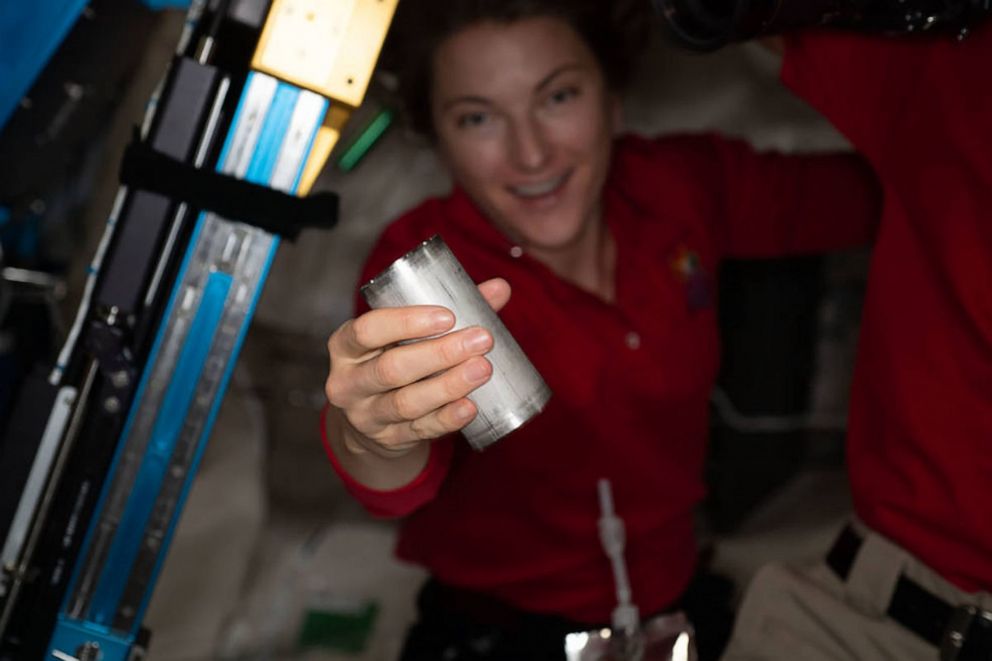NASA has recently reported that up to 98% of an astronaut’s urine and sweat can be recycled into potable water. This is a significant development in the field of space exploration, as it will allow astronauts to stay hydrated and healthy during long-duration missions.
The process of recycling urine and sweat into potable water is known as water reclamation. It involves several steps, including filtration, chemical treatment, and distillation. The first step is to filter out any solid particles and bacteria from the urine and sweat. This is done using a series of filters that remove particles as small as 0.2 microns.
Once the urine and sweat have been filtered, they are treated with chemicals to remove any remaining impurities. This process involves adding chlorine to kill any bacteria and viruses, as well as adding activated carbon to remove any organic compounds.
The final step in the water reclamation process is distillation. This involves heating the water to boiling point and collecting the steam that is produced. The steam is then condensed back into liquid form, creating pure, potable water.
NASA has been using water reclamation systems on the International Space Station (ISS) since 2008. These systems have been highly effective in recycling urine and sweat into potable water, allowing astronauts to stay hydrated during their missions.
One of the main benefits of water reclamation is that it reduces the amount of water that needs to be transported to space. This is important because transporting water is expensive and adds weight to spacecraft, which can make them more difficult to launch.
Water reclamation also has important implications for future missions to Mars and other planets. These missions will require astronauts to stay in space for much longer periods of time, which means they will need a reliable source of water. Water reclamation systems could provide this source, making long-duration space missions more feasible.
In conclusion, NASA’s recent report on water reclamation is a significant development in the field of space exploration. It demonstrates that up to 98% of an astronaut’s urine and sweat can be recycled into potable water, which is essential for staying hydrated during long-duration missions. Water reclamation also has important implications for future missions to Mars and other planets, making them more feasible and reducing the need for water transport.



